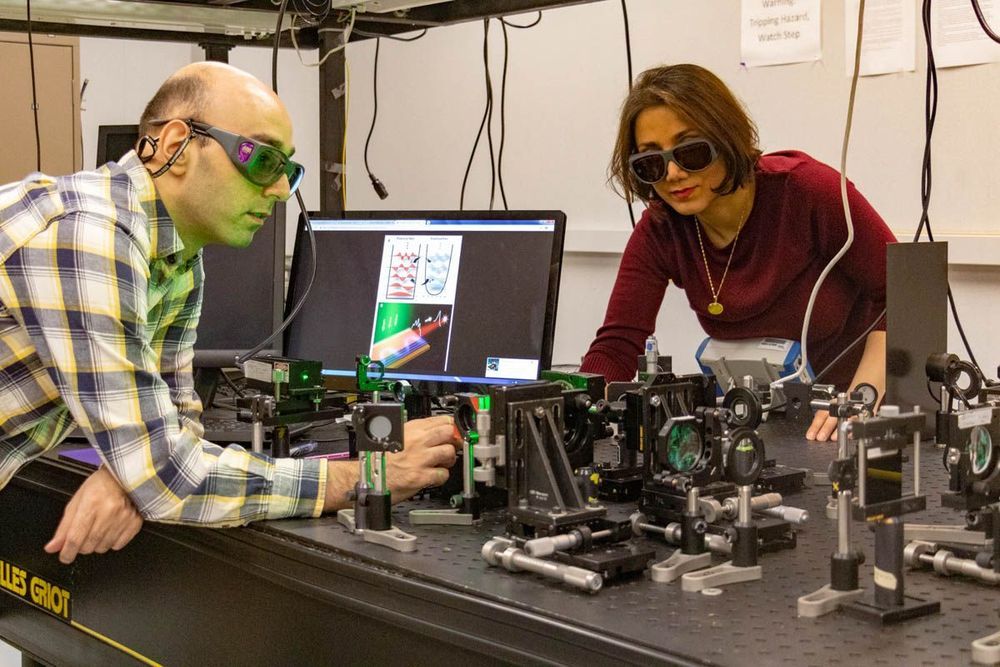The attack threatens users with location-tracking, DoS, fake notifications and more.
Privacy-breaking flaws in the 4G and 5G mobile protocols could allow attackers to intercept calls, send fake amber alerts or other notifications, track location and more, according to a research team from Purdue University and the University of Iowa.
In a paper presented at Mobile World Congress in Barcelona this week, the researchers explained that the issues arise from weaknesses in the cellular paging (broadcast) protocol. They started with the fact that when a mobile device is in its idle, low-power state, it will conserve battery life partly by polling for pending services only periodically.








